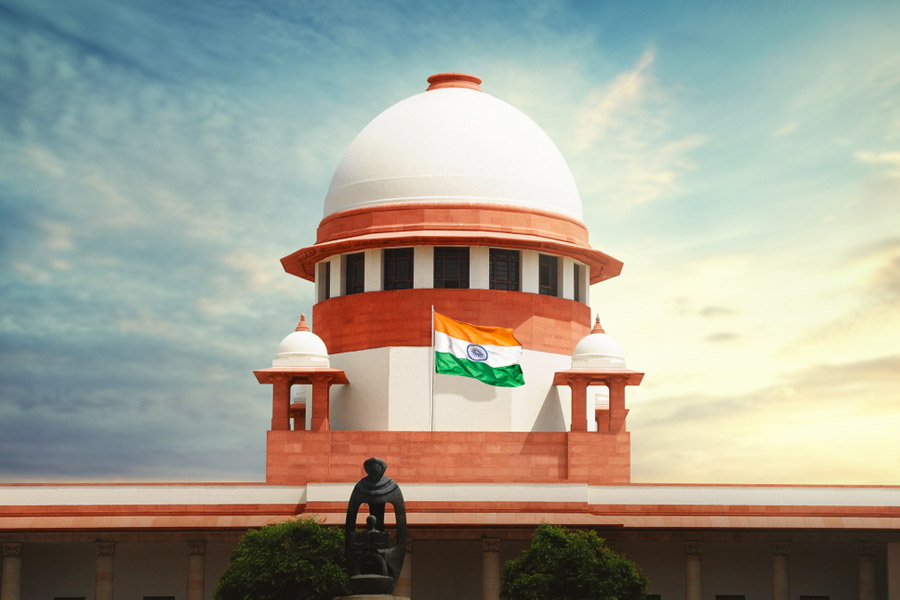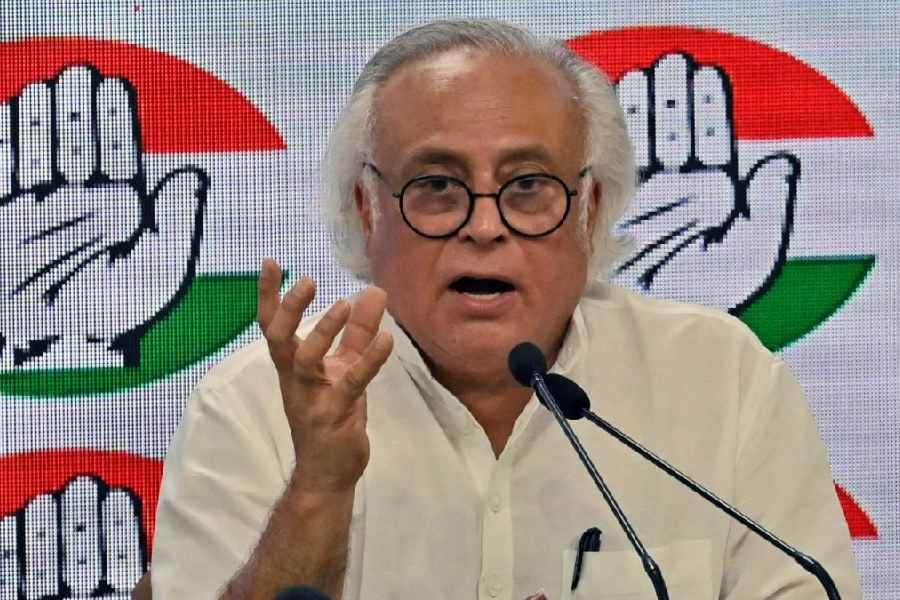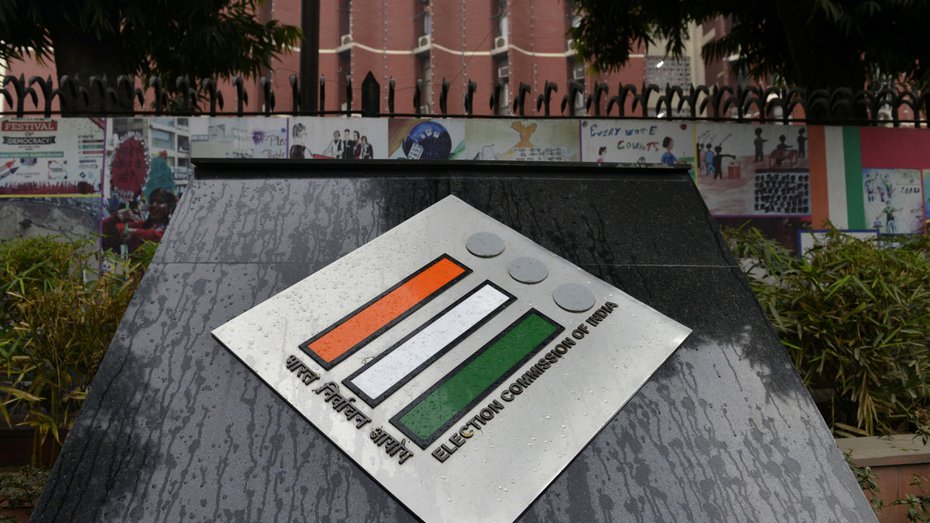The Supreme Court struck down the electoral bonds scheme on Thursday, calling it “unconstitutional” and asked the bank managing the scheme to pass on details to the Election Commission which would then make it public on its website by March 13.
Stating that information about funding to political parties is essential for electoral choices, the apex court held that the six-year-old scheme violates the Right to Information and Section 19(1)(a) in a ruling that is a massive blow to the BJP-led Union government and likely to have wide ramifications with Lok Sabha elections a few months away.
The Supreme Court directed the State Bank of India to submit details of all bonds purchased since the apex court’s interim order of April 12, 2019 to the Election Commission.
The poll panel has been asked to publish this information on its website by March 13.
A five-judge Constitution bench headed by Chief Justice D Y Chandrachud delivered two separate and unanimous verdicts on the pleas challenging the scheme.
Pronouncing the verdict, the CJI said the scheme is violative of freedom of speech and expression under Article 19(1)(a) of Constitution. The bench said the fundamental right to privacy also includes citizens’ right to political privacy and affiliation.
It also held as invalid the amendments made in various laws, including the Representation of Peoples Act and the Income Tax laws.
It directed State Bank of India, the issuing bank, to stop issuance of electoral bonds and submit details of electoral bonds purchased since April 12, 2019, till date to the Election Commission.
The bench, including Justices Sanjeev Khanna, B R Gavai, J B Pardiwala and Manoj Misra, ruled that changes in law permitting unlimited funding to political parties is arbitrary.
The SC further stated that the Centre’s justification of tackling black money issue through electoral bonds is not justified.
"We have arrived at a unanimous decision. There are two opinions, one by myself and another by Justice Sanjiv Khanna. Both arrive at the same conclusion. There is a slight variance in the reasoning," the Chief Justice of India said.
The top court had on November 2 last year reserved its verdict in the matter.
The scheme, which was notified by the government on January 2, 2018, was pitched as an alternative to cash donations made to political parties as part of efforts to bring transparency in political funding.
According to the provisions of the scheme, electoral bonds may be purchased by any citizen of India or entity incorporated or established in the country.
An individual can buy electoral bonds, either singly or jointly with other individuals without disclosing the identity.
Critics have said this eliminates transparency in electoral funding and gives an edge to the ruling parties.
Electoral bonds are interest-free bearer instruments that are essentially used to donate money anonymously to political parties. The scheme was first announced in the 2017 Union Budget speech when Late Arun Jaitley was the Finance Minister.
The primary concern raised by transparency activists is that voters can no longer know which individual, company, or organisation has funded which party and to what extent.
Earlier, parties had to disclose details of all donors who have contributed more than Rs 20,000. The Centre, however, has pitched bonds as an alternative to cash donations and as a way to increase transparency and accountability in political funding.
Besides challenging the constitutionality of the electoral bonds scheme, the petitioners have asked the court to declare all political parties as public offices to bring them under the ambit of the Right to Information Act and compel political parties to disclose their income and expenditure.













